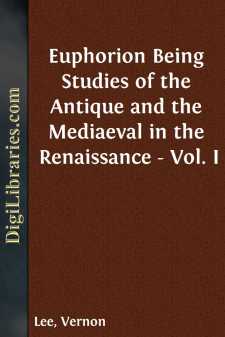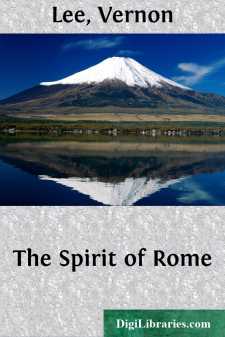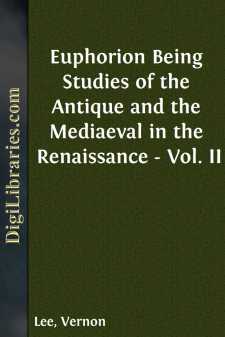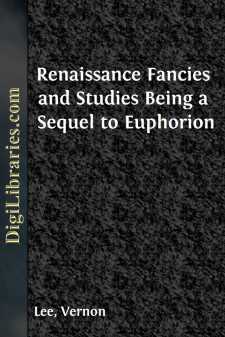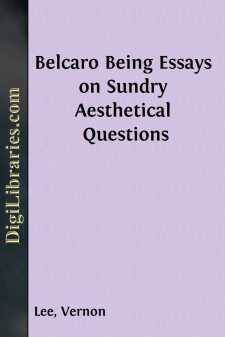Categories
- Antiques & Collectibles 13
- Architecture 36
- Art 48
- Bibles 22
- Biography & Autobiography 816
- Body, Mind & Spirit 145
- Business & Economics 28
- Children's Books 17
- Children's Fiction 14
- Computers 4
- Cooking 94
- Crafts & Hobbies 4
- Drama 346
- Education 58
- Family & Relationships 59
- Fiction 11834
- Foreign Language Study 3
- Games 19
- Gardening 17
- Health & Fitness 34
- History 1378
- House & Home 1
- Humor 147
- Juvenile Fiction 1873
- Juvenile Nonfiction 202
- Language Arts & Disciplines 89
- Law 16
- Literary Collections 686
- Literary Criticism 179
- Mathematics 13
- Medical 41
- Music 40
- Nature 179
- Non-Classifiable 1768
- Performing Arts 7
- Periodicals 1453
- Philosophy 66
- Photography 2
- Poetry 897
- Political Science 203
- Psychology 45
- Reference 154
- Religion 516
- Science 126
- Self-Help 85
- Social Science 82
- Sports & Recreation 34
- Study Aids 3
- Technology & Engineering 59
- Transportation 23
- Travel 463
- True Crime 29
Vernon Lee
Vernon Lee was the pen name of British writer Violet Paget (1856–1935), known for her supernatural fiction, aesthetic criticism, and work on the psychology of aesthetics. Lee's notable works include "Hauntings" (1890), a collection of ghost stories, and "The Enchanted Woods" (1905), reflecting her fascination with the mystical and the uncanny. An influential figure in the late 19th and early 20th centuries, Lee's writings also delve into the interplay between art, culture, and emotion, positioning her as a significant voice in both literary and academic circles.
Author's Books:
Sort by:
by:
Vernon Lee
CHAPTER I THE ADJECTIVE "BEAUTIFUL" THIS little book, like the great branch of mental science to which it is an introduction, makes no attempt to "form the taste" of the public and still less to direct the doings of the artist. It deals not with ought but with is, leaving to Criticism the inference from the latter to the former. It does not pretend to tell how things can be made...
more...
by:
Vernon Lee
Faustus is therefore a parable of the impotent yearnings of the Middle Ages—its passionate aspiration, its conscience-stricken desire, its fettered curiosity amid the tramping limits of imperfect knowledge and irrational dogmatism. The indestructible beauty of Greek art,—whereof Helen was an emblem, became, through the discovery of classic poetry and sculpture, the possession of the modern world....
more...
by:
Vernon Lee
MY DEAR MADAME BLANC, The first copy of this little book was, of course, to have been for Gabrielle Delzant. I am fulfilling her wish, I think, in giving it, instead, to you, who were her oldest friend; as I, alas! had time to be only her latest. She had read nearly all these essays; and, during those weeks of her illness which I spent last autumn in Gascony, she had made me rewrite several among them....
more...
by:
Vernon Lee
I was brought up in Rome, from the age of twelve to that of seventeen, but did not return there for many years afterwards. I discovered it anew for myself, while knowing all its sites and its details; discovered, that is to say, its meaning to my thoughts and feelings. Hence, in all my impressions, a mixture of familiarity and of astonishment; a sense, perhaps answering to the reality, that Rome—it...
more...
by:
Vernon Lee
I. Real and Ideal—these are the handy terms, admiring or disapproving, which criticism claps with random facility on to every imaginable school. This artist or group of artists goes in for the real—the upright, noble, trumpery, filthy real; that other artist or group of artists seeks after the ideal—the ideal which may mean sublimity or platitude. We summon every living artist to state whether he...
more...
by:
Vernon Lee
"Panis Angelicus fit panis hominum. O res mirabilis, manducat Dominum Pauper, Servus et Humilis." These words of the Matins of the Most Holy Sacrament I heard for the first time many years ago, to the beautiful and inappropriate music of Cherubini. They struck me at that time as foolish, barbarous, and almost gross; but since then I have learned to think of them, and in a measure to feel of...
more...
by:
Vernon Lee
Preface We were talking last evening—as the blue moon-mist poured in through the old-fashioned grated window, and mingled with our yellow lamplight at table—we were talking of a certain castle whose heir is initiated (as folk tell) on his twenty-first birthday to the knowledge of a secret so terrible as to overshadow his subsequent life. It struck us, discussing idly the various mysteries and...
more...
by:
Vernon Lee
My Dear Elena, We had a conversation once, walking on your terrace, with the wind-rippled olives above and the quietly nodding cypress tufts below—about such writings as you chose to compare with carved cherry-stones. We disagreed, for it seemed to me that the world needed cherry-stone necklaces as much as anything else; and that the only pity was that most of its inhabitants could not afford such...
more...
by:
Vernon Lee
A little while ago I told you that I wished this collection of studies to be more especially yours: so now I send it you, a bundle of proofs and of MS., to know whether you will have it. I wish I could give you what I have written in the same complete way that a painter would give you one of his sketches; that a singer, singing for you alone, might give you his voice and his art; for a dedication is...
more...
by:
Vernon Lee
1 That sketch up there with the boy's cap? Yes; that's the same woman. I wonder whether you could guess who she was. A singular being, is she not? The most marvellous creature, quite, that I have ever met: a wonderful elegance, exotic, far-fetched, poignant; an artificial perverse sort of grace and research in every outline and movement and arrangement of head and neck, and hands and fingers....
more...



